April 24th, 2017 by Elma Jane
Recurring Payments through VirtualMerchant
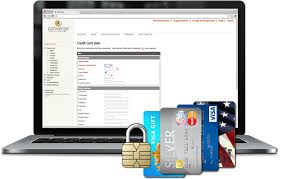
Providing recurring payments is an easy way to increase retention, grow loyalty, and improve customer satisfaction.
Recurring Payments are automatic credit card payments where a customer authorizes a merchant to collect the total charges from a customer’s credit card or bank account at customizable intervals. It is a useful feature for multiple applications: Donations, Memberships, subscriptions and utility payments to name a few.
Handle your recurring and installment payments with our secure tokenization solution.
To set up a recurring payment, the merchant simply enters the specified charge, chooses the frequency of payment (weekly, monthly, annually) and the customer’s card is billed on a recurring basis.
Automated recurring billing is an efficient, secure, convenient and hassle-free service that can help merchants build and manage their business growth.
To set up recurring payment through ConvergePay Virtual Terminal call now 888-996-2273
Posted in Best Practices for Merchants Tagged with: bank, credit card, merchant, payments, recurring

April 7th, 2017 by Elma Jane
Merchant Cash Advance Or Loans
Merchant Cash Advance – is a funding product providing working capital to businesses. When it comes to securing a merchant cash advance, businesses are far more likely to be approved and secure the amount of funding you actually need because cash advance is not a loan.
Loans generally are lower rates than MCA? Monthly payments not daily and many of these loans may also be lines of credit. Lines of credit sometimes have collateral, real estate or other guarantees. These options can be uncovered through consultation service at NTC.
MCA companies provide funds to businesses in exchange for a percentage of the businesses daily credit card income directly from the processor that clears and settles the credit card payment. A company’s remittances are drawn from customers’ debit-and credit-card purchases on a daily basis until the obligation has been met. Most providers form partnerships with payment processors and then take a fixed percentage of a merchant’s future credit card sales.
The Term Merchant Cash Advance – may be used to describe purchases of future credit card sales receivables, revenue and receivables factoring short-term business loans, and it has a different set of rules and rates.
Cash advance has some advantage over a conventional loan structure. Payments to the merchant cash advance company fluctuate directly with the merchant’s sales volumes, giving the merchant greater flexibility with which to manage their cash flow, particularly during a slow season. Advances are processed quicker than a typical type loan, giving borrowers quicker access to capital.
Merchant Cash Advances are often used by businesses that do not qualify for regular bank loans.
Ask our loan consultant if you were told you do not qualify for a loan.
NationalTransaction.Com 888-996-2273
Posted in Best Practices for Merchants Tagged with: credit card, loan, merchant cash advance, payments
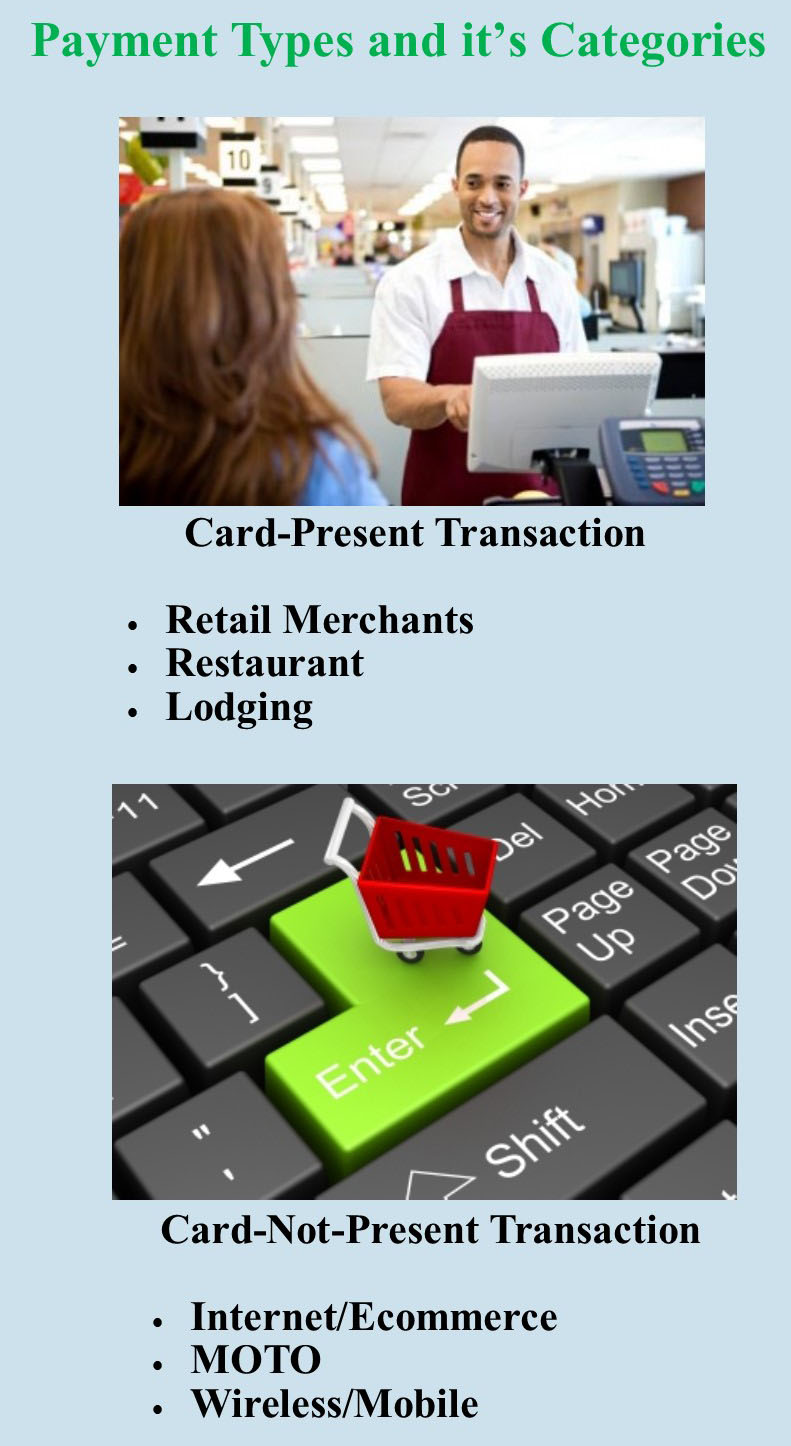
April 6th, 2017 by Elma Jane
Payment types and it’s categories
The two main category types when it comes to credit card processing are swiped and keyed. Card present or card-not-present.
Swiped or card present transaction – merchants do a face-to-face transaction. A merchant can capture card information by dipping the chip or swiping the card in the terminal or POS. Merchants directly interact with a customer so the risk is low.
Card-Present Sub Categories:
Retail Merchants – conduct transactions face to face in a retail environment.
Face to Face (mobile) – this type of merchant is typically on the go, such as a vendor at a trade show. You can use a service like converge mobile that allows you to take the information in person.
Restaurant – the same as retail merchants, the difference is they may require the ability to add tips to their charges.
Lodging – processes their transactions like retail merchants except they may adjust the settlement amount depending on the customer’s length of stay.
Keyed or card-not-present are high risk, because merchants indirectly collect customers card information, and can process transactions in various ways.
Card-Not-Present Sub categories:
Internet/Ecommerce – conducts business through a web site by utilizing a shopping cart and an Internet payment gateway service. The payment gateway then collects the credit card information and processes it in real time.
Mail & Telephone Order (MOTO) – typically take the customer’s credit card information over the phone, by mail or through the Internet. They then manually process the transaction by keying it into either a credit card machine or through a virtual terminal such as Converge.
Talk to our payment consultant to know the best solution for your business.
NationalTransaction.Com 888-996-2273
Posted in Best Practices for Merchants Tagged with: card present, card-not-present, credit card, customer, ecommerce, merchants, payment, payment gateway, POS, swiped and keyed, terminal, virtual terminal
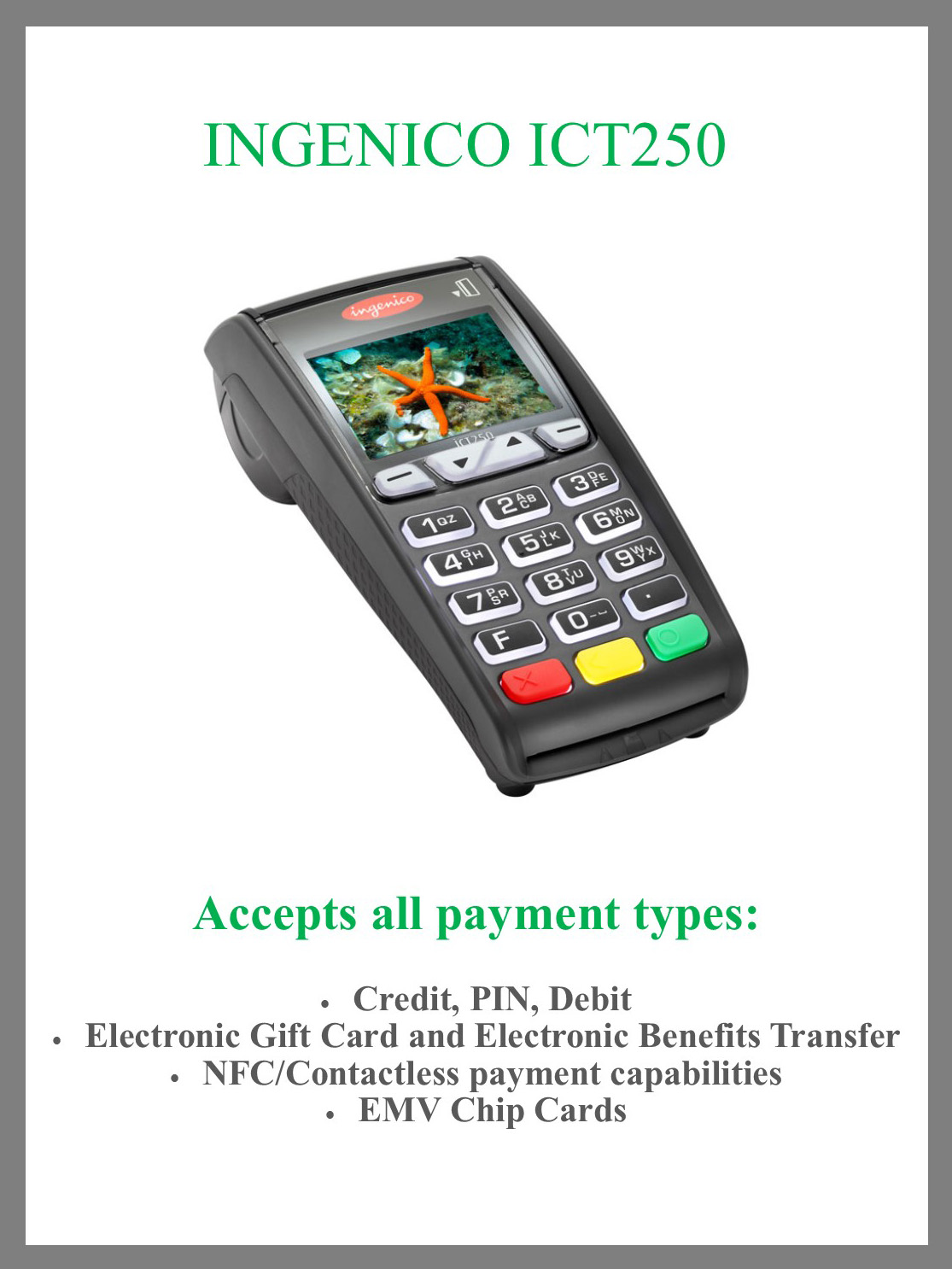
March 30th, 2017 by Elma Jane
Credit Card Terminal
Factors to Consider When Buying a Credit Card Terminal:
- NFC – check out the payment wave of the future. NFC technology features, where you can accept Apple Pay and Android Pay for payments.
- Security and Stability – do I have a computer tablet or other device that will accommodate the future technology? Newer credit card machine work faster, they also protect sensitive card data and have the ability to accept EMV and PIN. Older terminals may not comply with today’s PCI security standards.
Mobile/Wireless Connectivity – credit card terminal should be able to quickly and easily accept credit card payments and work with your payment processor anywhere.
- Connectivity – do you use mobile, Wi-Fi, dial, or (IP) Internet connection? Most current credit card terminals use both technologies, but when connected to dial-up your transactions can be quite slow, unlike IP connection which can speed up your transactions.
- Programmable or Proprietary – if they will not let you program it why NOT?
There are many options when searching for the right credit card terminal for your business but there are also a number of factors to consider before making an investment.
Give us a call at 888-996-2273 and talk to our Payment Consultant!
Posted in Best Practices for Merchants Tagged with: credit card, data, EMV, nfc, payments, PCI, PIN, processor, terminal
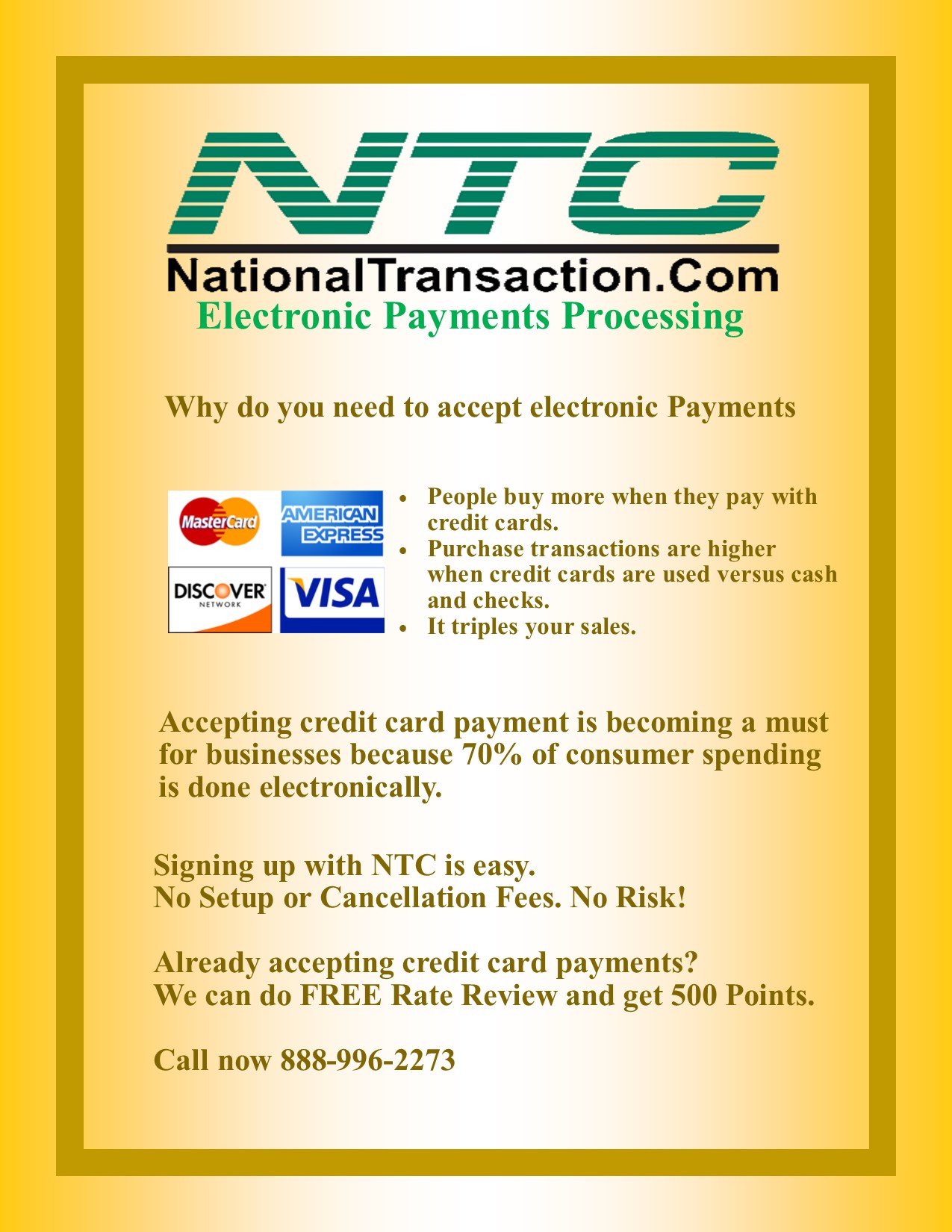
March 21st, 2017 by Elma Jane
Accepting Electronic Payments
Why do you need to accept electronic Payments?
Accepting credit card payment is becoming a must for businesses because 70% of consumer spending is done electronically.
Signing up with NTC is easy. No Setup or Cancellation Fees. No Risk!
Already accepting credit card payments? We can do FREE Rate Review and get 500 Points.
Call now 888-996-2273
Posted in Best Practices for Merchants Tagged with: credit card, electronic payments, payments
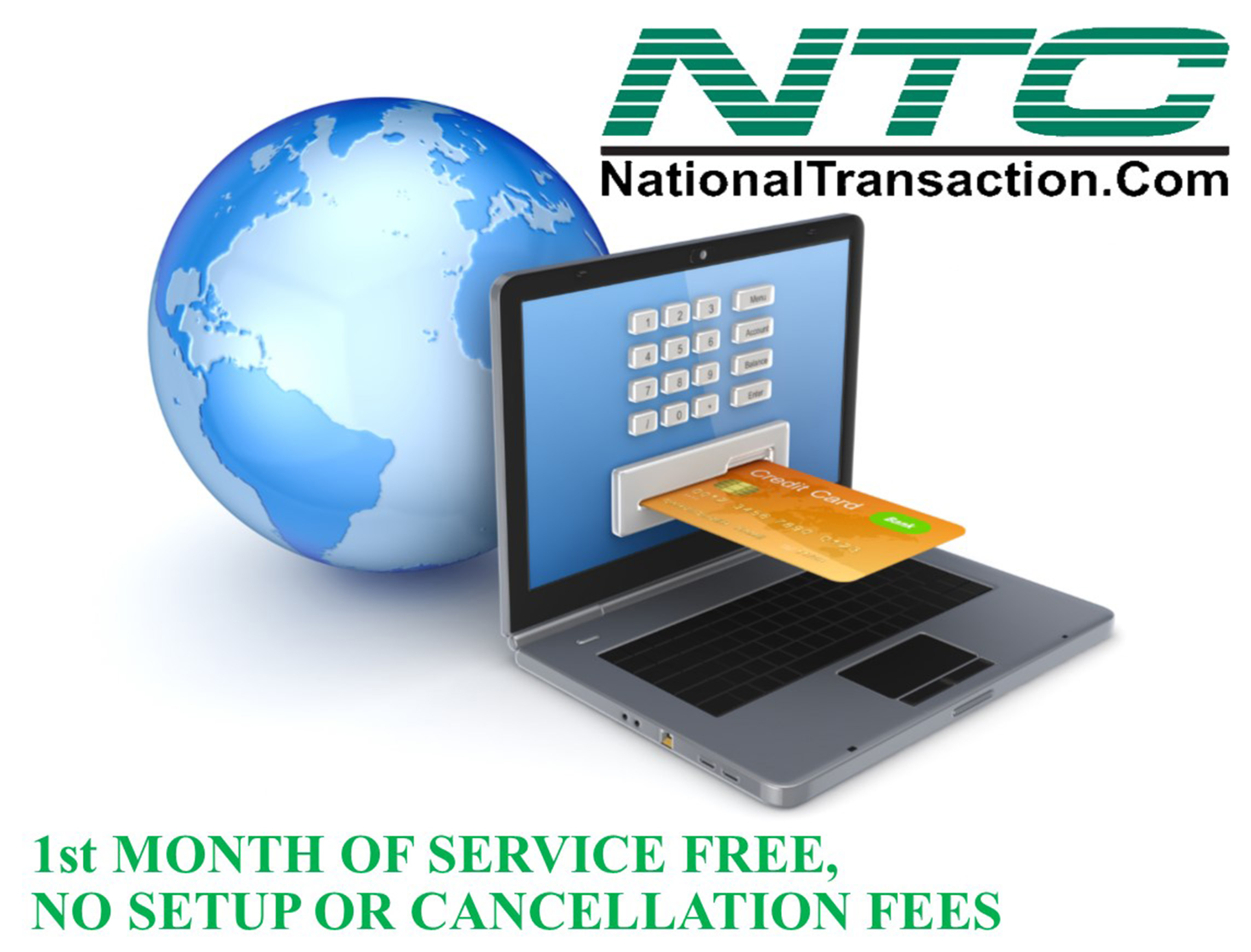
March 15th, 2017 by Elma Jane
Payment Options
Technology continues to evolve, offering multiple billing and payment methods increases satisfaction by improving customer experience.
Customers will continue to move toward digital life, like embracing different forms of online billing and ways to accept payments.
Creating convenient ways to accept payments and having more options can reduce the time it takes your business to get paid.
Accept debit and credit card payments online; to offer this feature you need to get a merchant account.
Options for accepting payments:
Electronic Check Service (ECS) – convert paper checks to electronic transactions, with NTC’s ECS. Converting paper checks to electronic transactions eliminates many of the risks and costs, adding money to your bottom line.
Mobile Payments – the opportunity to increase revenue through mobile payments is huge. Many consumers find that mobile bill pay makes shopping easier, more convenient and saves time. Converge Mobile Solution lets you accept card payments using smartphone or tablet. The app works with most Apple and Android mobile devices.
Online Payment Gateway – offering customers an online payment form enables them to pay you easily and allows you to accept payments by credit card, debit card or echeck.
Electronic Invoicing (NTC ePay) – send your customers an invoice by email and get paid in minutes. Electronic Invoicing gives your customer the ability to pay their bills and receive a receipt in seconds by email.
Learn more about accepting electronic payments with NTC or sign up with us.
No setup or cancellation fees, there’s no risk! call now 888-996-2273
Posted in Best Practices for Merchants Tagged with: credit card, customer, debit, echeck, ECS, Electronic invoicing, electronic transactions, merchant account, mobile, online, payment, payment gateway

March 1st, 2017 by Elma Jane
ELECTRONIC PAYMENTS
When it comes to electronic payments, certain types of businesses are considered high risk.
Most merchants do not realize that electronic payment processors carry a financial risk on merchant accounts, and normally fund merchants prior to receiving payment from the client’s bank.
Essentially, a merchant account is an unsecured loan.
Different factors used to determine when a business is a high risk are:
- Types of products
- Services they sell how
- How they sell them
Online transactions are considered high risk because there are increased risks of fraud.
A key factor used to determine the risk of a business is chargebacks.
Chargebacks include customer refunds and fraudulent transactions.
Payment providers assess this risk to determine the percentage of chargebacks your business is likely to experience.
Businesses that are considered high risk where they take advanced payments:
- Travel agencies
- Ticketing services
Electronic payments provider is necessary if you want to accept debit and credit card transactions.
For high-risk electronic payments please feel free to call us at 888-996-2273.
Posted in Best Practices for Merchants, Travel Agency Agents Tagged with: bank, chargebacks, credit card, debit, electronic payments, fraud, loan, merchant accounts, merchants, online, payment processors, transactions, travel agencies

February 16th, 2017 by Elma Jane
Chargeback Cycle
A chargeback is also known as a reversal; a credit card transaction that is reversed to a merchant because of the customer or customer’s bank disputes charges. Other reasons include fraud, credit card processing errors, authorization issues and non-fulfillment of copy requests. There’s an assigned reason code for every chargeback. Reason codes may vary by VISA and MasterCard.
How does the chargeback cycle work?
1. A customer files a complaint to card-issuing bank.
2. The bank sends disputed transaction (chargeback) to acquirer.
3. Acquirer receives chargeback and resolves it or forwards to the merchant for documentation.
4. Merchant accepts chargeback or addresses issues and resubmits to Acquirer.
5. Acquirer represents the chargeback to the issues once acquirer agrees the merchant has properly addressed it.
6. The issuer resolves the dispute by reposting to the cardholder’s account.
7. The cardholder receives dispute information and may be rebilled or credited.
Every merchant that offers credit card processing to its customers should be concerned about chargebacks to their merchant account.
Lower your risk of chargebacks by following the tips below:
Verify card logos, credit card numbers, identification, customer signature and check the expiration date.
Call for voice authorization if the card stripe doesn’t work or if the terminal is down or cannot authorize.
Authorize every transaction.
Be sure your customers are familiar with your return or exchange policy.
Posted in Best Practices for Merchants Tagged with: bank, cardholder, chargeback, credit card, customer, merchant, merchant account, transaction

February 6th, 2017 by Elma Jane
Managing Chargeback:
Chargeback – a forcible reversal of funds due to a credit card holder’s dispute of the transaction. Chargebacks can be a huge headache for a business owner, it can affect a business’ ability to maintain a credit card processing account and put funds on hold.
How can you protect your business and maintain a good processing account? First, you need to know the basic chargeback types:
- Clerical – duplicate billing, incorrect amount billed or refund never issued.
- Fraud – consumer claims they did not authorize the purchase or claims identity theft. Fraud disputes can be more complicated since they are the result of fraudulent consumer purchases.
- Quality – consumer claims to have never received the goods as promised at the time of purchase.
- Technical – expired authorization, non-sufficient funds or bank processing error.
Managing chargebacks is an important piece and it can certainly be reduced, to save your business, time, money and reputation.
For Electronic Payments Set up call now 888-996-2273 or visit www.nationaltransaction.com and click get started.
Posted in Best Practices for Merchants Tagged with: bank, chargeback, consumer, credit card, fraud, funds, processing account, refund, transaction
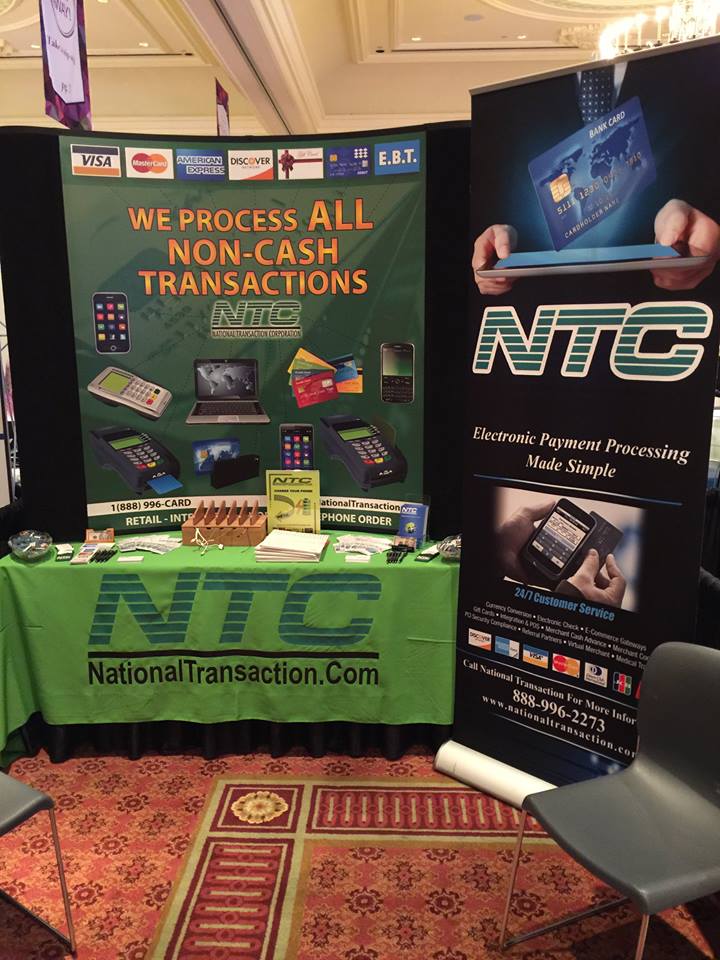
January 31st, 2017 by Elma Jane
Selecting a Payment Provider
Selecting electronic payments provider for your business is critical. NTC believes that the process starts with an honest assessment of your business and the types of credit card processing options it requires. (Retail or e-commerce, Card Present or Card-Not-Present)
Card present transaction is the most common type of account. Card-Not-Present (CNP) is a different type of account if you run a MOTO (mail order telephone order) or Internet operation.
Here are some points to keep in mind in selecting your electronic payments provider:
Referrals from fellow business owners and checking out payment providers online.
Evaluate products and services as well as cost to determine which electronic payments provider offers the biggest savings for your business.
Make sure the deals you’re considering include all the features and services you need and none that you won’t use.
Keep upgrade options in mind.
Look for 24/365 support and discuss customer service support.
Read the fine print in your contract.
The merchant account provider’s reputation is important, so find out how long they’ve been in business and their reputation in the industry.
NTC has over 20 years’ of Bankcard History. Helping businesses of all sizes for over 25 years in the industry. Call us now 888-996-2273 and tell us all about your business needs and requirements and we’ll put together a package of products and services that will best serve your credit card processing needs. There are a variety of solutions, so it’s important to focus in on those that directly address your needs.
Posted in Best Practices for Merchants Tagged with: cnp, credit card, customer, e-commerce, electronic payments, internet, merchant account, online, payment provider, payments, retail, transaction







